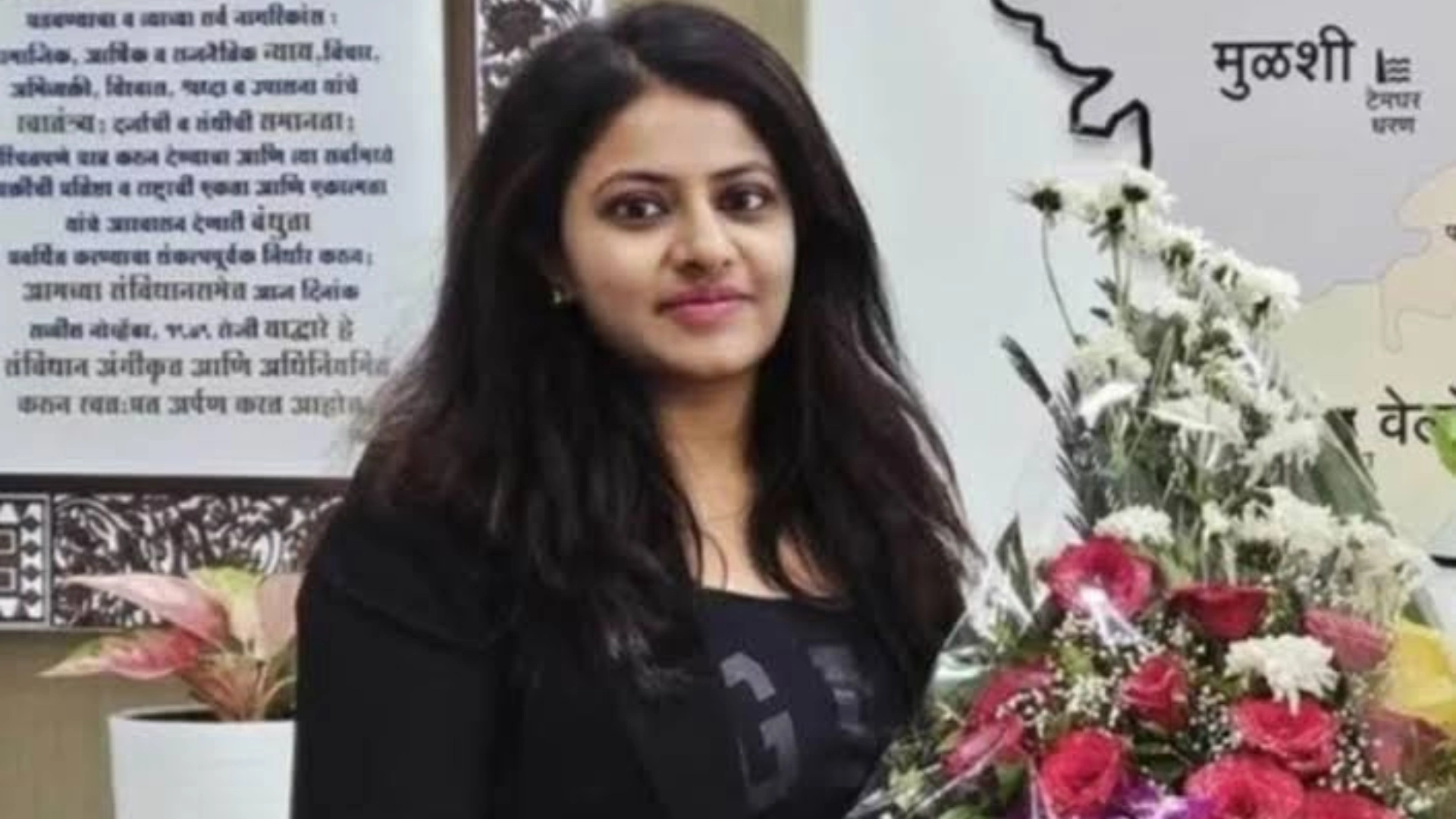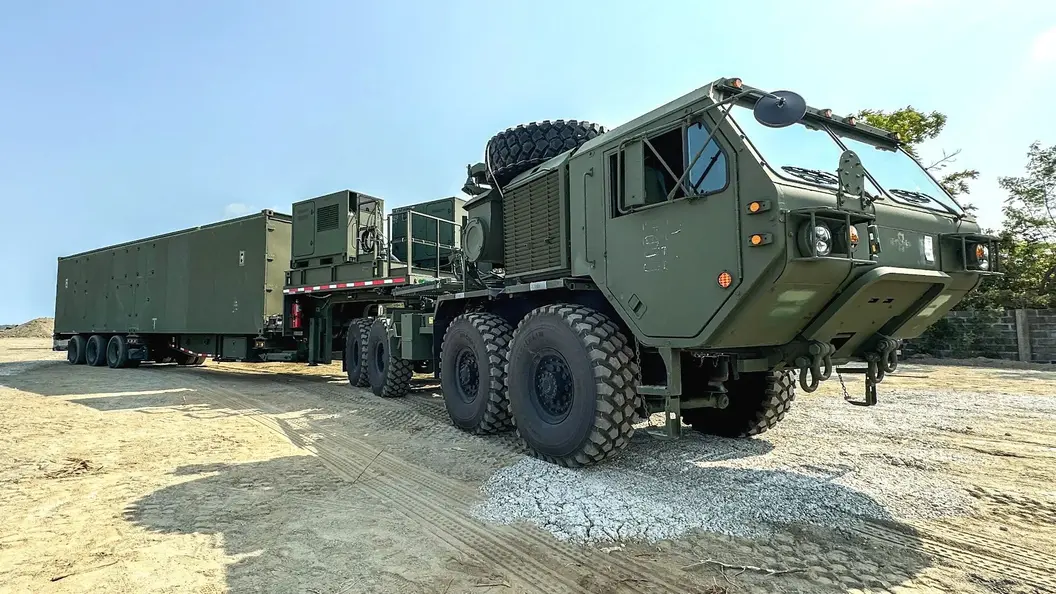In a significant response to escalating tensions between India and Canada, Prime Minister Narendra Modi condemned the attack on a Hindu temple in Brampton, Ontario, by pro-Khalistani extremists. This incident marks a troubling continuation of confrontations involving extremist groups in Canada, and Modi’s statement underscores India’s commitment to protecting its citizens and cultural sites worldwide.
In his message, posted on social media platform X, Modi stated, “I strongly condemn the deliberate attack on a Hindu temple in Canada. Equally appalling are the cowardly attempts to intimidate our diplomats. Such acts of violence will never weaken India’s resolve. We expect the Canadian government to ensure justice and uphold the rule of law.” This marks Modi’s first public remark since diplomatic relations soured last September, following allegations regarding the involvement of Indian agents in the killing of Khalistani terrorist Hardeep Singh Nijjar.
The Brampton Hindu Sabha temple was the site of clashes as videos surfaced on social media showing pro-Khalistani extremists confronting devotees. Despite the alarming nature of these events, Canadian Prime Minister Justin Trudeau condemned the attack but refrained from explicitly addressing the role of Khalistani elements in these provocations.
MUST READ: MUDA Case: Lokayukta Issues Summons For Siddaramaiah To Appear For Questioning On Nov 6
Modi’s statement also targeted the Canadian authorities for subjecting Indian diplomatic staff to audio and video surveillance, calling for a reassessment of their actions. In a clear sign of the escalating tensions, the Indian government has dismissed Canadian allegations against Union Home Minister Amit Shah and has taken a firmer stance, including withdrawing its envoy and expelling six Canadian diplomats.
The controversy began in September when Trudeau claimed that the Indian government might have been involved in Nijjar’s killing, an assertion that has drawn widespread skepticism in India. Canadian lawmakers even observed moments of silence for Nijjar, further straining relations.
In October, the situation intensified when Canadian authorities identified Indian High Commissioner Sanjay Verma as a “person of interest” in the investigation into Nijjar’s death, prompting New Delhi to summon Ottawa’s Charge d’Affaires for a formal protest.
As the diplomatic impasse continues, both governments face mounting pressure to clarify their positions and work towards de-escalation. The attack on the Hindu temple in Canada serves as a stark reminder of the vulnerabilities faced by communities abroad and the need for robust dialogue to address underlying tensions.
ALSO READ: Samajwadi Party Chief Akhilesh Yadav Criticizes BJP After Rescheduling UP Bypolls


















